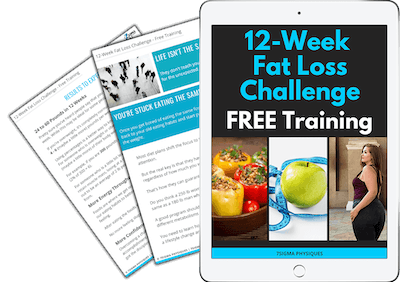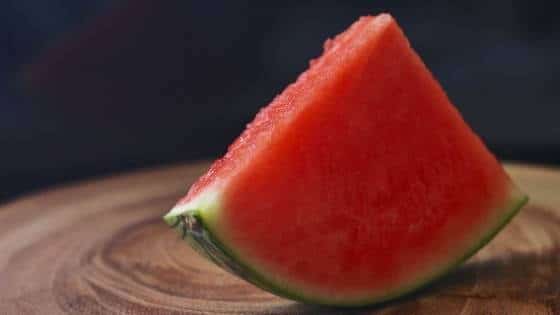In the quest for a healthier lifestyle, many people have switched to eating organic foods.
While it is great to be more conscious about what you eat, you still have to be careful about foods labeled as “organic.”
More and more companies are taking advantage of this demand for organic foods that they often label their foods with organic wording when they really aren’t organic (more on this later).
Besides the misleading labels on these products, there are some other things to look for if you want real nutritious and organic foods.
In this article, I’ll go over why organic foods aren’t as healthy as you think, and how to make sure that the foods you buy are actually fresh and full of nutrients.
Table of Contents
Why Organic Foods Aren’t as Healthy as You Think
Let’s start by stating that the word ‘organic’ and ‘healthy’ are two completely different words.
Just because a food is organic doesn’t mean that it hasn’t been refined, preserved, or highly-processed.
For example, how ‘healthy’ do you think organic cookies or TV dinners really are?
In this article, I’m using the word ‘healthy’ to describe real/whole foods, such as unprocessed fruits and vegetables, dairy products, nuts, meats, seeds, and grains.
Organic Farming [Large-Scale vs. Local Farming]
Here are some of the benefits of organic farming:
- use of living organisms instead of synthetic chemicals, such as pesticides and growth hormones.
- using about 30% less energy than conventional agriculture, they’re better for the environment.(1)
However, these benefits are compromised during large-scale organic farming.
Just think about it, how much different or better for the environment do you think mass production and transportation really is?
That’s not all.
In order to preserve these foods during transportation, companies can sometimes use even more organic pesticides to achieve the same result conventional farming companies get by using less synthetic pesticides. (2)
The process of picking, packing, shipping, and storing can make it days or even weeks for the food to be available to you.
So consider buying local rather than just buying whatever has an “organic” label on it.
If you’d like to explore more, you can check out these 10 “healthy” foods that are making you gain weight.
Start your journey to losing 24-60 pounds in just 12 weeks.
Get the free 12-Week Fat Loss Challenge Training Guide!

How to Find Real ‘Healthy’ Foods
As previously mentioned, beware of foods that have been packaged and shipped from other states or countries.
For example, if you live in Florida, buying organic strawberries farmed in Florida might be a good idea, however, if you live in Australia, it might not.
The reason is that in order to maintain its freshness and shelf life, companies need to add preservatives so they don’t spoil.
Even if the product is unripe, they need to add gases to the packaging so that it lasts during long-distance shipping.
Many fruits and vegetables lose some of their nutrients within 2 to 3 days of being picked, and most of the nutrients after a week. (3)
Just because a fruit has a label that says ‘fresh’ doesn’t mean it was picked that day, week, or even month.
Their definition of fresh often means that those fruits will simply spoil sooner than other highly-processed foods.
What to Look for If You Really Want to Eat Organic
Since organic foods are typically a little more expensive, you want to make sure that you’re actually getting what you’re paying for.
Most real ‘healthy’ foods will often have the following characteristics
- local
- seasonal
- grass-fed
- wild
- no synthetic chemicals
- whole or minimally processed
Where to Find These Foods
It can be hard for some to find real organic foods in grocery stores.
So here are a few places to find these foods:
- local farmers’ markets
- local farms
- community-supported agriculture program
Note that not all local foods are necessarily organic, so make sure to ask the grower about their farming practices. For example, you can ask if they handle pests with chemicals or not, and ask if they use fertilizers.
Another option is to grow your own produce.
Depending on where you live, you might be able to grow different fruits, vegetables, and herbs in your own backyard.
My uncle who lives in Florida, for example, grows lettuce, tomatoes, oranges, green beans, and some herbs.
Here’s a guide on how to clean produce safely.
Fake Organic Products
These are products that:
- Place organic wording even when their products aren’t organic.
- Use other terms that can cause confusion, such as “natural” or “free-range.”
- Make their packaging design look like organic packaging.
I hope you loved this article on why organic foods are not as healthy as you think!
If you’re ready to start your weight loss journey, the 12-Week Fat Loss Challenge is the place to start!

This plan helps men and women lose fat without starving themselves or giving up their favorite foods.





